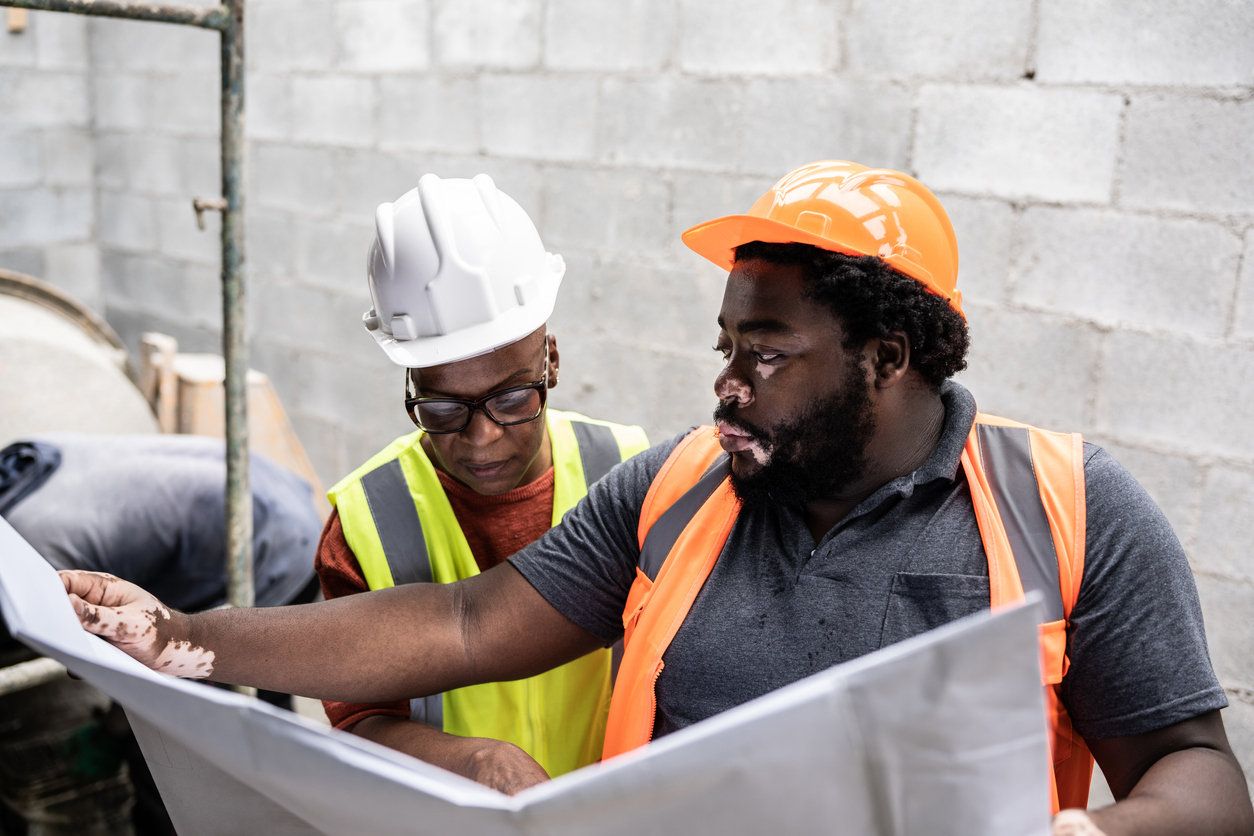Factors to Consider When Signing a Contract with a Nigerian Builder
Hiring a builder in Nigeria is a major investment that requires careful consideration and thorough planning.
A well-structured contract serves as a legal safeguard against potential disputes, ensuring that both parties—homeowners and builders—are clear on their obligations and expectations.
This blog post explores the crucial factors to consider before signing a contract with a Nigerian builder.
1. Builder’s Credentials and Reputation
Before signing any contract, it is essential to verify the builder’s credentials, including:
- Registration and Licensing: Ensure the builder is registered with the relevant professional bodies, such as the Council for the Regulation of Engineering in Nigeria (COREN) or the Nigerian Institute of Building (NIOB).
- Past Projects and Portfolio: Review completed and ongoing projects to assess the builder’s competence.
- Client Testimonials and References: Speak with past clients to gauge their experiences.
- Legal Status: Verify that the builder operates a legitimate business with proper registration from the Corporate Affairs Commission (CAC).
2. Scope of Work and Project Details
A well-defined contract should outline the specifics of the project, including:
- Design and Architectural Plans: Ensure the contract reflects agreed-upon building designs and structural plans.
- Project Timeline: Clearly state the start and completion dates to avoid unnecessary delays.
- Materials and Specifications: Define the quality, brand, and type of materials to be used.
- Construction Methods: Detail construction techniques, safety standards, and compliance with local building regulations.
Read This: Prefabricated Homes vs. Traditional Construction in Nigeria
3. Payment Structure and Terms
Discussing financial terms upfront prevents future misunderstandings. The contract should include:
- Total Cost Estimate: A breakdown of all expenses, including labor, materials, permits, and miscellaneous costs.
- Payment Schedule: Common structures include:
- Lump sum payments
- Installments tied to project milestones
- Retainage (withholding a portion of payment until project completion)
- Payment Method: Whether payments will be made via bank transfer, escrow, or other financial arrangements.
- Contingency Costs: A budget for unforeseen expenses should be included.
4. Legal Compliance and Permits
Construction in Nigeria requires several approvals. The contract should stipulate:
- Building Permits and Approvals: The builder should obtain permits from relevant authorities like the Federal Housing Authority (FHA) and state building agencies.
- Environmental Compliance: Ensure adherence to environmental laws to avoid demolition risks.
- Local Government Levies: Some regions require payment of development levies and infrastructure fees.
See This: How Much Do Solar Panels Cost for Nigerian Homes?
5. Liability and Insurance Coverage
Construction comes with risks, and it’s crucial to clarify:
- Builder’s Liability for Defects: Who is responsible for repairing defects within a warranty period?
- Insurance Policies:
- Builder’s Risk Insurance: Covers damage to the project.
- Public Liability Insurance: Covers third-party injury claims.
- Workers’ Compensation: Protects workers in case of injury.
6. Dispute Resolution Mechanism
In the event of disputes, a contract should outline:
- Mediation and Arbitration: Alternative dispute resolution (ADR) methods before litigation.
- Jurisdiction: Which court or governing body will oversee legal matters?
- Termination Clauses: Conditions under which either party can cancel the contract.
7. Quality Assurance and Inspection
To ensure quality, the contract should include:
- Supervision and Inspection: Hiring an independent project manager or quantity surveyor to oversee the work.
- Compliance with Standards: Ensure the building meets Nigerian Building Code requirements.
- Performance Guarantees: Define benchmarks for work quality.
8. Change Orders and Variations
Adjustments to the project should be formally documented in:
- Change Order Clauses: Detailing how modifications are approved and priced.
- Cost Adjustments: Stipulating price changes due to alterations.
- Project Delays: Specifying how delays caused by modifications will be handled.
9. Subcontractors and Workforce Management
Builders often use subcontractors, so the contract should state:
- List of Subcontractors: Identify who will be working on the project.
- Payment Responsibility: Who pays the subcontractors, the builder or client?
- Labor Laws Compliance: Adherence to Nigerian labour laws regarding worker rights and safety.
10. Handover and Post-Construction Obligations
A well-structured contract should cover:
- Final Inspection and Snag List: A checklist of final fixes before full payment.
- Handover Documents: Including architectural drawings, permits, and maintenance guides.
- Defect Liability Period: A timeframe within which the builder must fix issues at no extra cost.
See This: Cost of Wood for Construction in Nigeria
Conclusion
Signing a contract with a Nigerian builder requires due diligence to avoid disputes and ensure successful project completion.
By carefully considering the factors outlined above, homeowners can safeguard their investments and achieve a high-quality build.
Always consult a legal expert before finalizing any agreement to ensure comprehensive protection.

